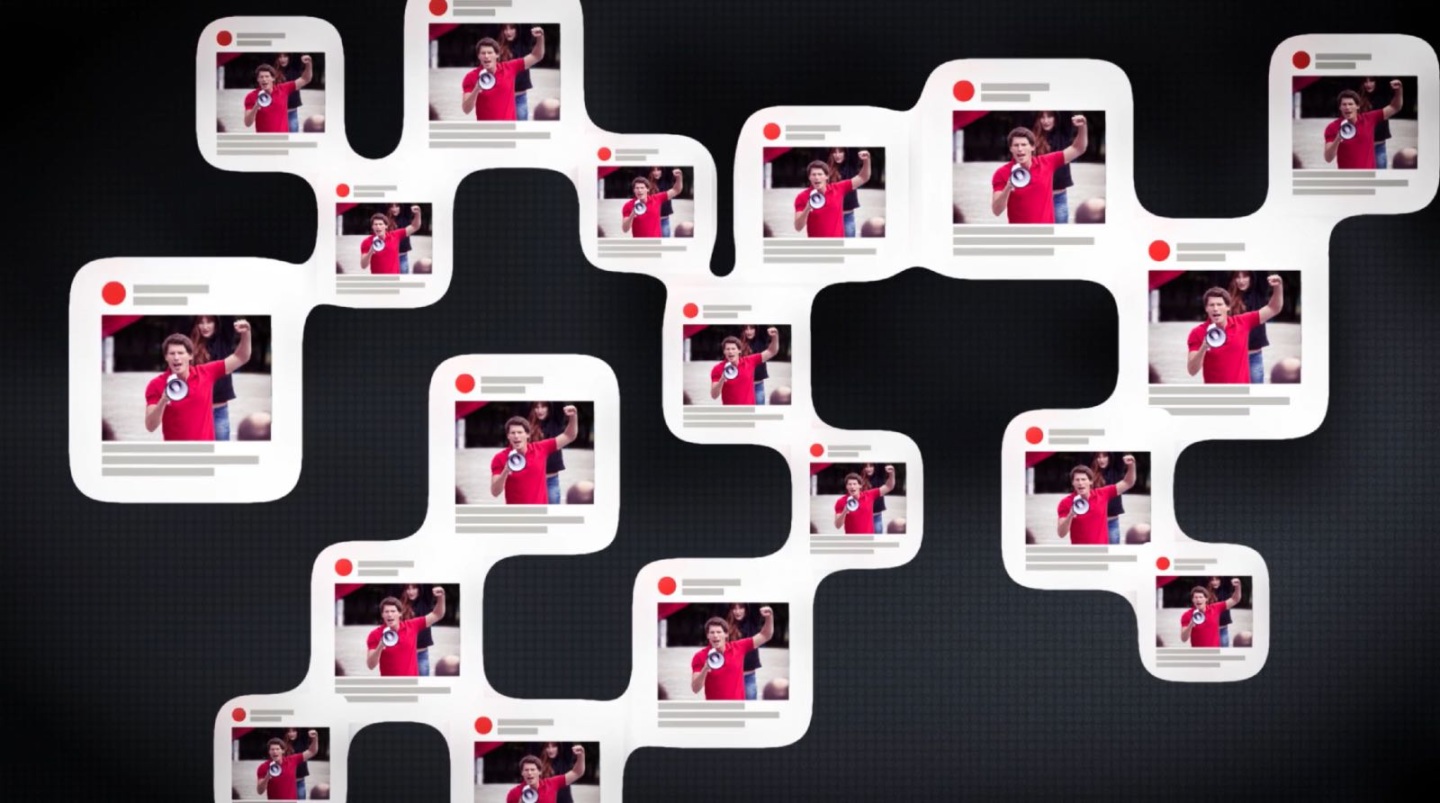
Stop the misinformation virus: Don’t be a carrier
The growing contagion of online misinformation should serve as a national wake-up call: We need a new ethos of personal responsibility about the news and other information that we trust — and that we share.
Each of us needs to be inoculated against the viruses being spread in this pandemic and become part of the solution, instead of mindlessly aggravating the problem. The stakes are nothing less than the health of our democracy and the future of the country’s civic life.
It isn’t simply a clever turn of phrase when we talk about content going viral: Just as the measles virus is spreading rapidly both across the U.S. and around the world, with reported cases up 300% from this time last year, conspiracy theories, hoaxes, rumors and outright falsehoods proliferate on social media platforms, multiplying with each like, share and retweet.
In fact, those platforms are, in part, responsible for the resurgence of measles — a disease that, while potentially deadly, is highly preventable, thanks to a safe and effective vaccine. (It was even declared eliminated in the U.S. in 2000.) In recent years, though, the “anti-vaxxer” movement has used social media to spread misinformation about the safety of vaccines, and millions of people have made health care decisions for their children based on the conspiracy theories and debunked pseudo-science promoted in these posts.
This is one especially unfortunate example of the internet as an echo chamber: We are increasingly inclined to accept as credible the news and social media posts that align with our beliefs and to dismiss content that contradicts our beliefs as biased, or even “fake.” This tendency to see the news through such prisms makes us more vulnerable to content that plays to our biases, exploits our vulnerabilities and further widens our divisions.
